Top 7 Health Benefits of Oolong Tea
Oolong tea is a popular Chinese beverage. It's manufactured from the leaves of the Camellia sinensis plant, which also produces green and black tea. The ... read more...distinction lies in the manner in which the tea is processed. Green, black, and oolong teas are created by the oxidation process. Green tea is made from fresh tea leaves that have not been oxidized, a chemical process that occurs when the leaves are exposed to air and are responsible for the color and flavor of other varieties of tea. Let's discover the best health benefits of Oolong tea.
-
Tea has been proven to help protect against diabetes and diabetic complications in general, presumably through reducing insulin resistance and inflammation, among other mechanisms. As a result, both a 2021 research and a 2019 review reveal associations between frequent tea use, improved blood sugar management, and a decreased risk of acquiring type 2 diabetes. However, the precise benefits of oolong tea have not been studied as thoroughly as those of green or black tea.
Having said that, one smaller, older study suggests that oolong tea may be useful in decreasing plasma glucose in type 2 diabetic patients. However, not every research agrees on oolong tea's capacity to help prevent or alleviate type 2 diabetes symptoms, with a 2011 study involving roughly 5,000 Japanese men indicating that tea drinking may be a predictor of disease development.
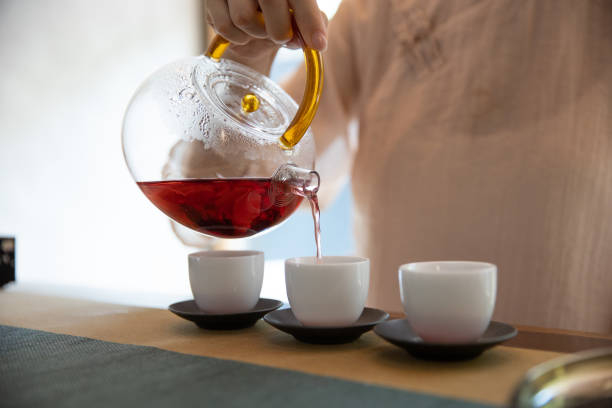
May help protect against diabetes 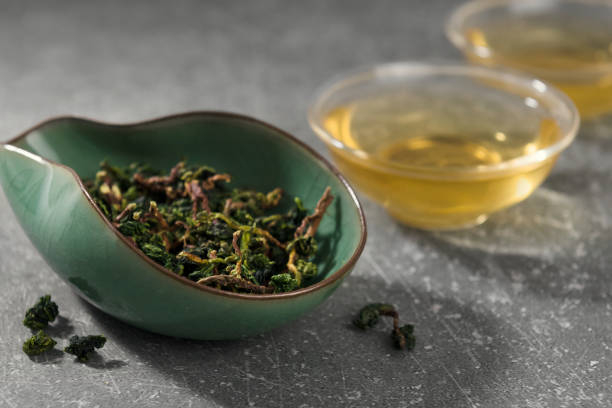
May help protect against diabetes -
Tea antioxidants may also benefit heart health if consumed on a regular basis. Several research on habitual tea users has found that they had lower blood pressure and cholesterol levels, as well as a lower risk of heart disease. People who drank more than six cups of tea per day had a "substantially" reduced risk of coronary heart disease than non-tea drinkers, according to a big 2003 research. Several research has also looked specifically at oolong tea. In one research of almost 76,000 Japanese individuals, males who drank 8 ounces (240 mL) or more of oolong tea per day had a 61 percent decreased risk of heart disease.
Furthermore, Chinese researchers found that people who drank 1 to 2 cups of green or oolong tea per day "substantially" reduced their risk of stroke. One thing to keep in mind is that oolong tea includes caffeine, which may modestly increase blood pressure, or hypertension, in certain people. However, studies looking at a relationship between blood pressure and caffeine have yielded inconclusive findings, so further study is required before any firm conclusions can be drawn. Furthermore, because the caffeine concentration in an 8-ounce (240 mL) cup is only around one-fourth that of a cup of coffee, any deleterious effect on hypertension is likely to be minor.
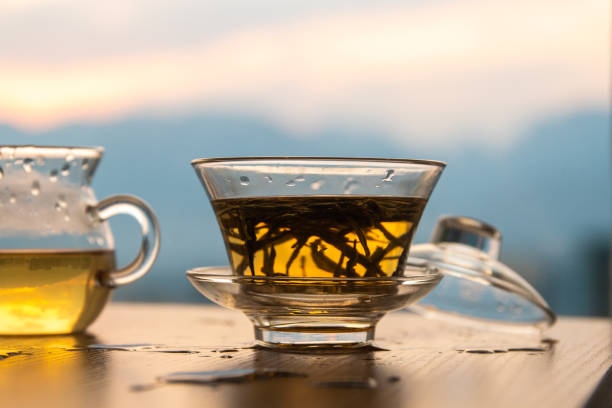
Improve heart health 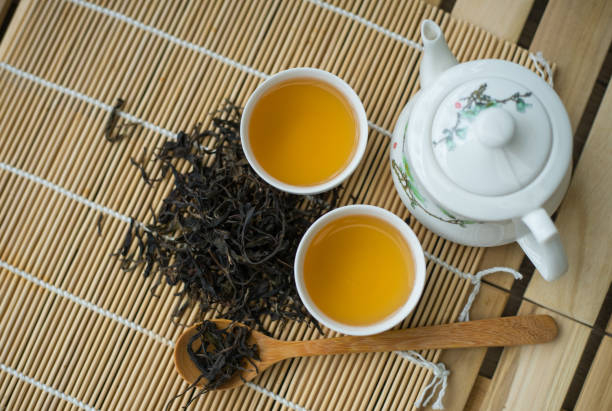
Improve heart health -
Tea intake and weight reduction have long been linked, and several studies show a link between the bioactive chemicals in tea and weight loss or obesity prevention. While it was previously thought that tea's antioxidant activity was solely responsible for its ability to reduce body fat, researchers are now suggesting that tea's ability to enhance enzyme inhibition, and specifically antioxidant interactions with gut microbiota, maybe what's driving the weight loss capability.
It's interesting when it comes to oolong tea. A recent animal study found that oolong extracts did aid to boost fat oxidation, which means they directly helped to reduce body fat. However, just one tiny, older research on humans indicates its capacity to enhance energy expenditure in adults, which is simply the number of calories a person burns when at rest, but not fat oxidation. Clearly, additional study is required before judgments can be drawn.
It's crucial to remember that just because studies have associated tea's antioxidant activity, caffeine, and appetite suppressive characteristics with weight reduction doesn't always suggest that drinking a couple of cups of tea every day is the path to losing weight. When it comes to weight reduction, other factors such as underlying diseases and behaviors have a large impact, and the amount of tea that may be safely drunk differs from person to person.
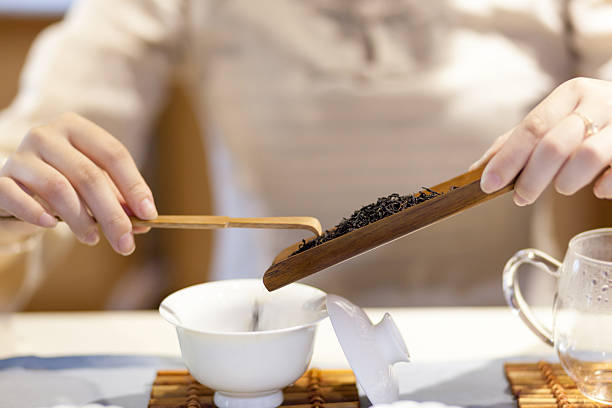
Help with weight loss 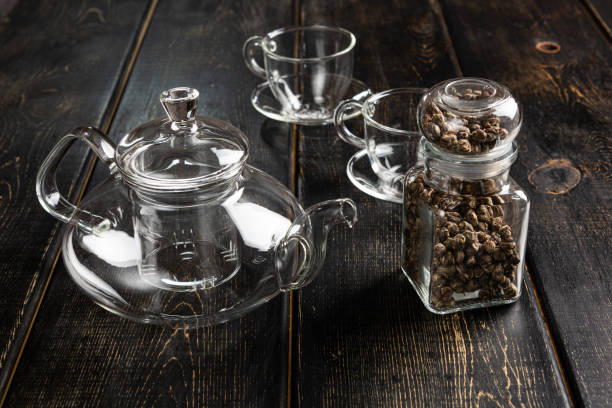
Help with weight loss -
Tea drinking may assist preserve brain function and memory, as well as maybe guard against age-related deterioration, according to recent studies. In fact, various components of tea have been shown to improve brain function. Caffeine, for example, can boost the release of norepinephrine and dopamine. These two brain messengers may help with mood, focus, and brain function. According to other studies, theanine, an amino acid found in tea, may also aid enhance focus and decreasing anxiety. According to a 2014 study, tea with both caffeine and theanine boosted alertness and attentiveness within the first 1 to 2 hours after ingestion.
Few studies have explicitly focused on oolong tea, however, a 2008 research discovered that a "high level" of tea drinking was connected with a decreased incidence of cognitive impairment and cognitive decline. This impact was especially powerful for habitual black and oolong tea consumers. Another smaller research from 2010 found that older Chinese individuals who drank green, black, or oolong tea on a regular basis had better cognition, memory, executive function, and information processing speed.
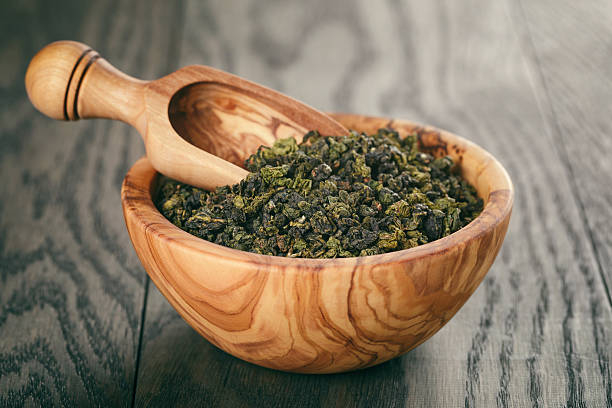
Improve brain function 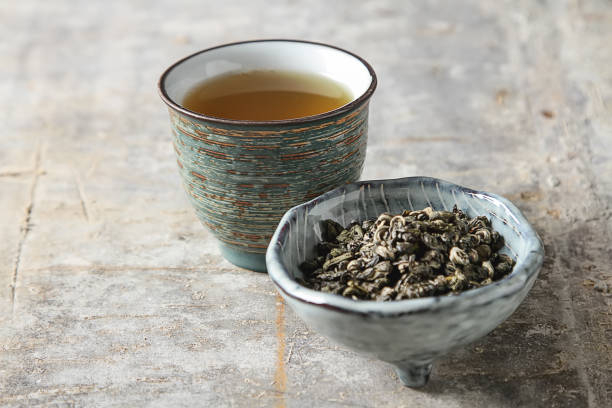
Improve brain function -
Scientists think that the antioxidants found in black, green, and oolong teas may aid in the prevention of cell changes that can lead to cancer in the body. Tea polyphenols may potentially slow the division of cancer cells. Many research has been conducted over the years to investigate the link between tea drinking and a decreased risk of specific malignancies, such as lung, esophagus, pancreatic, liver, and colorectal cancers. While there appears to be some indication of lower cancer risk, numerous studies warn that the data is not always statistically significant.
The majority of study in this sector has been on the effects of green or black teas, with the green type having the most significant impact. Because oolong tea is a cross between green and black tea, similar advantages can be expected. However, additional study on oolong tea is required.
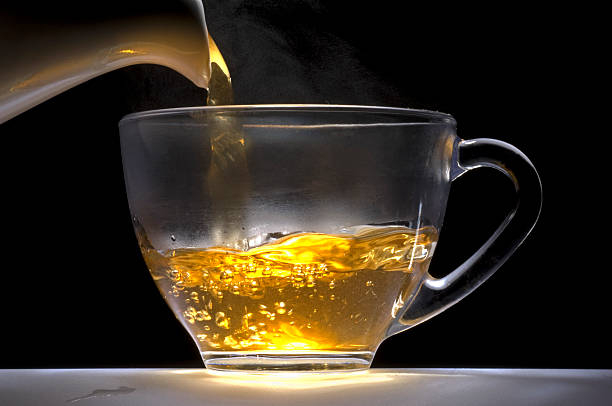
Protect against certain cancers 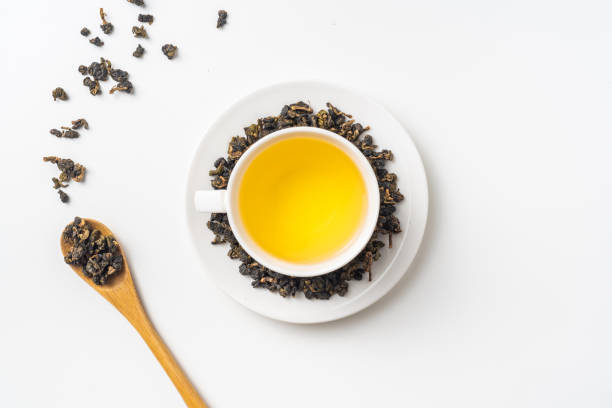
Protect against certain cancers -
Both black and green teas have been researched for their capacity to help relieve the symptoms of atopic dermatitis, often known as eczema, and while preliminary results are promising, further study is required to produce clear results. Similarly, in 2001, short research looked into oolong tea's capacity to help treat eczema in 118 people with severe eczema. In addition to their regular medication, they were advised to consume 33 ounces (1 liter) of oolong tea every day.
After one month, their conditions had improved "markedly to moderately", with evidence of improvement seen as early as 1 to 2 weeks into the research. Furthermore, the improvement was maintained and was still seen in 54% of the people 5 months later. When analyzing the findings, bear in mind the age and breadth of the study.
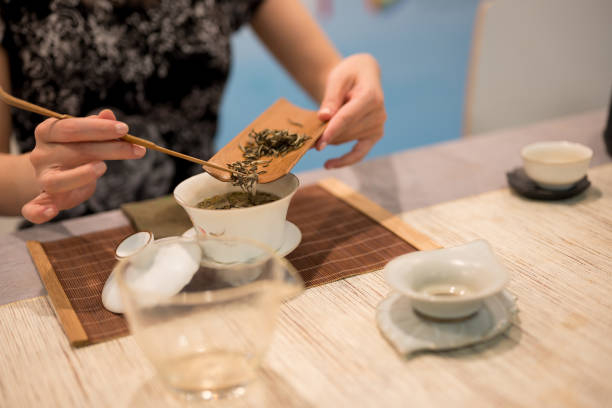
May help relieve eczema 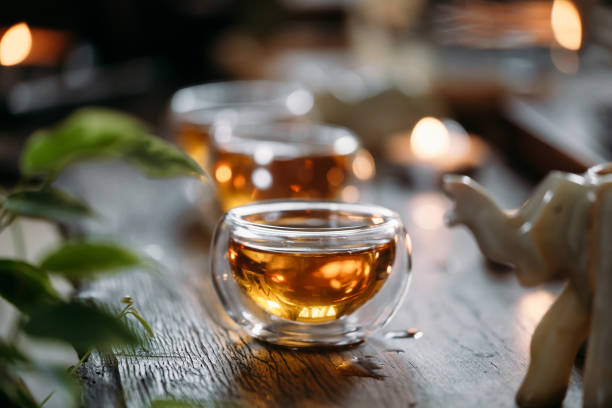
May help relieve eczema -
Oolong tea's antioxidants may help keep your teeth and bones healthy. One study found that those who drank black, green, or oolong tea on a regular basis for ten years had a 2% increase in total bone mineral density. Several additional studies have found that tea has a similar favorable impact on bone mineral density.
A higher bone mineral density may reduce the likelihood of fractures. However, no clear relationship between oolong tea and fractures has been shown. Finally, studies have connected tea drinking to improved dental health, including less plaque and gingivitis, resulting in healthier teeth overall.
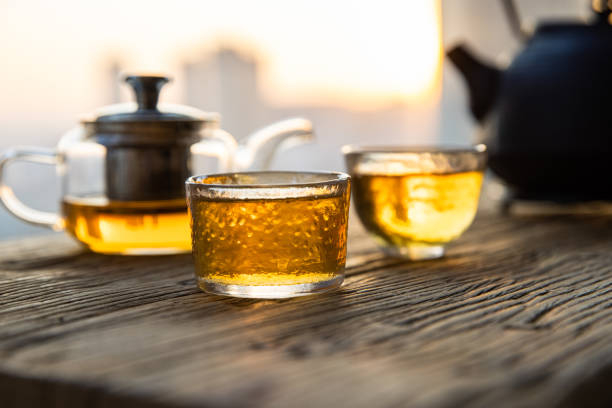
Help promote tooth and bone strength 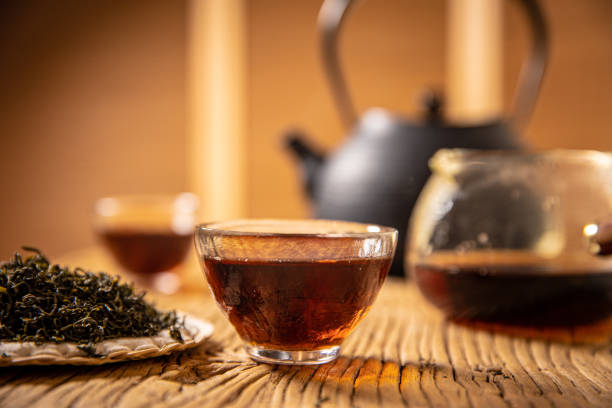
Help promote tooth and bone strength









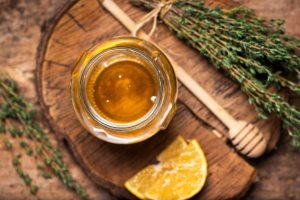
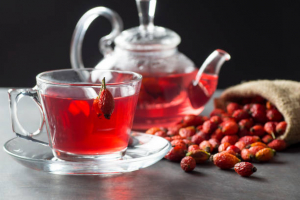
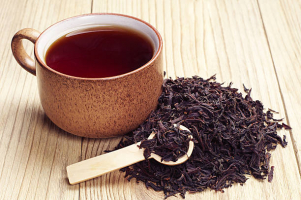
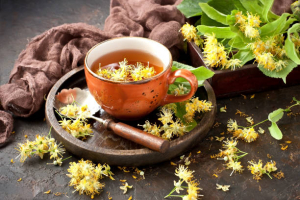
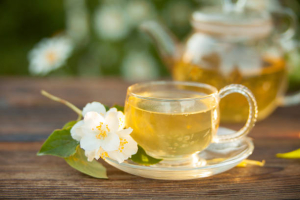
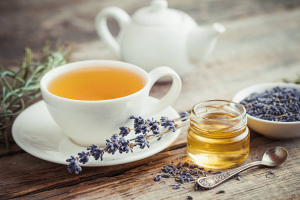
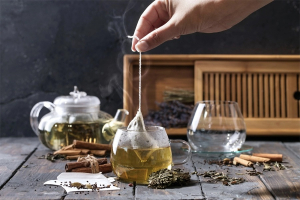
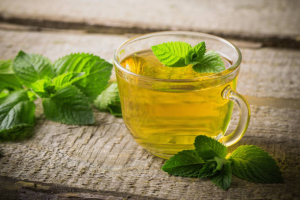
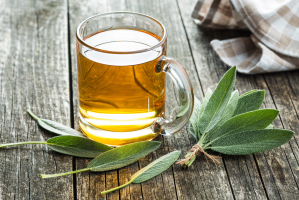
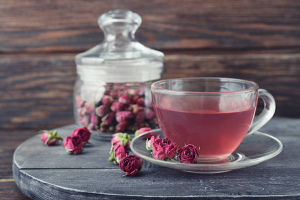
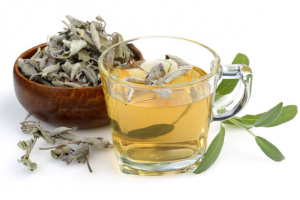
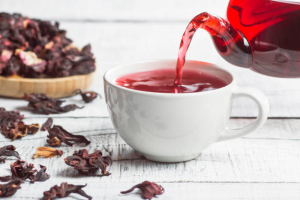
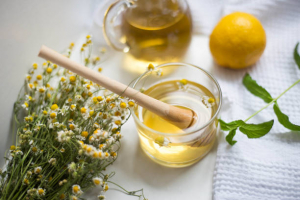
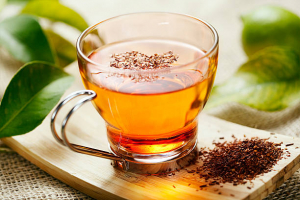
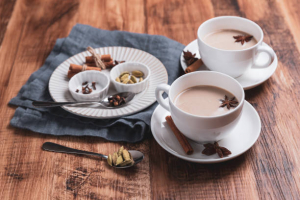
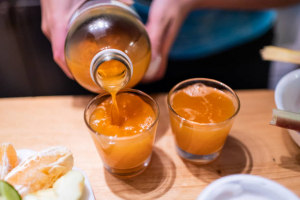
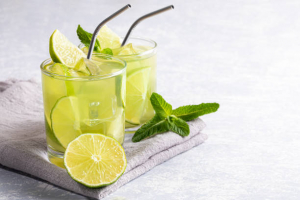
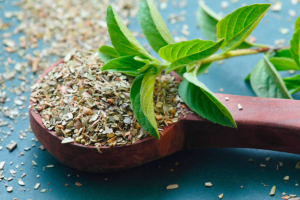


Quoc Ngoc 2022-07-01 18:23:07
:)))